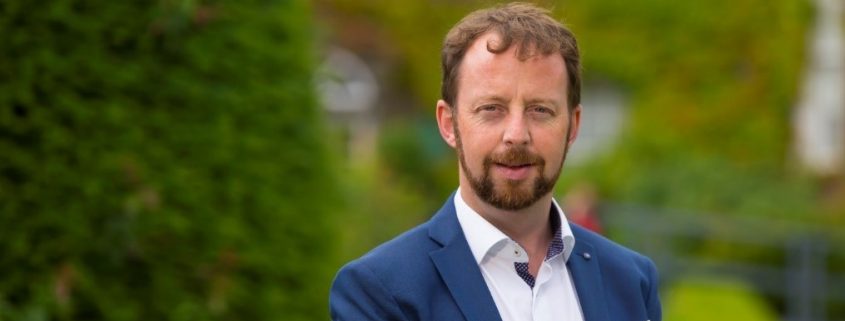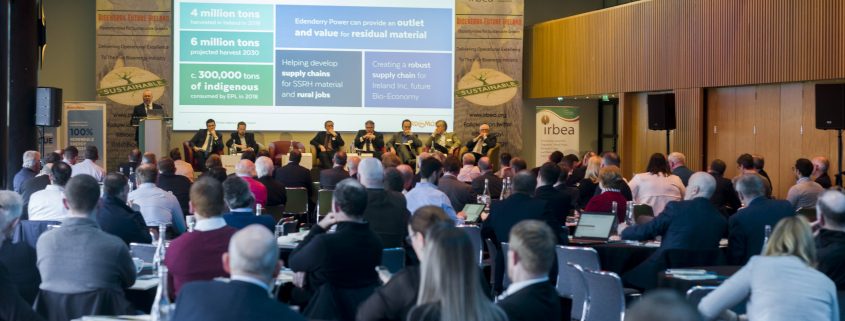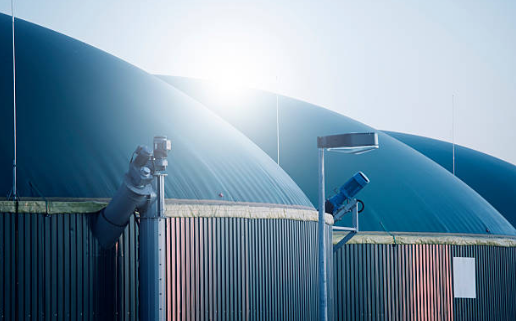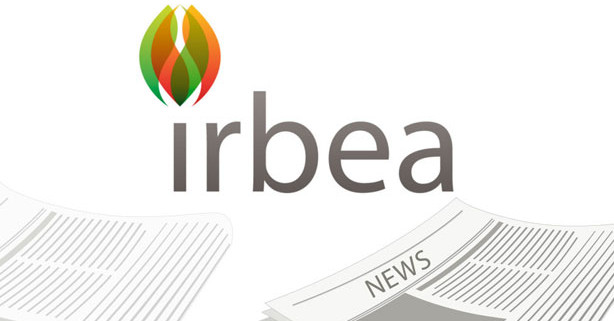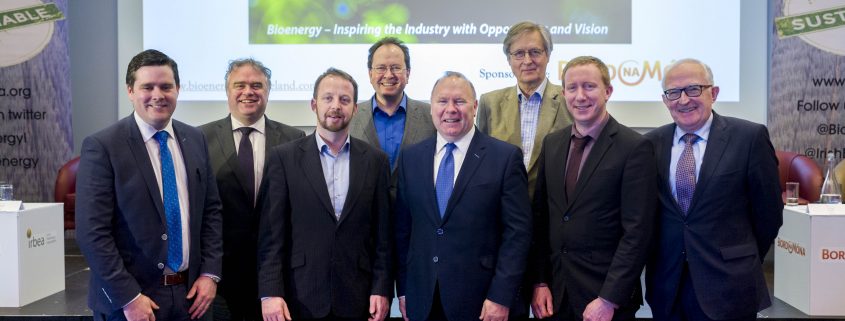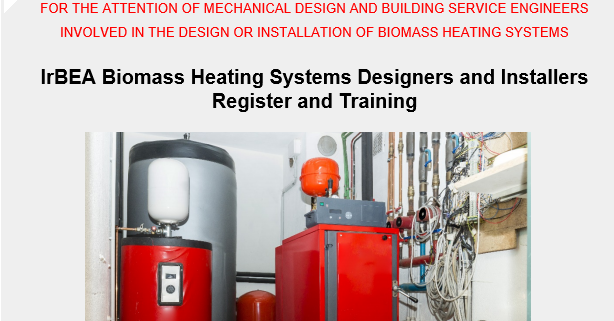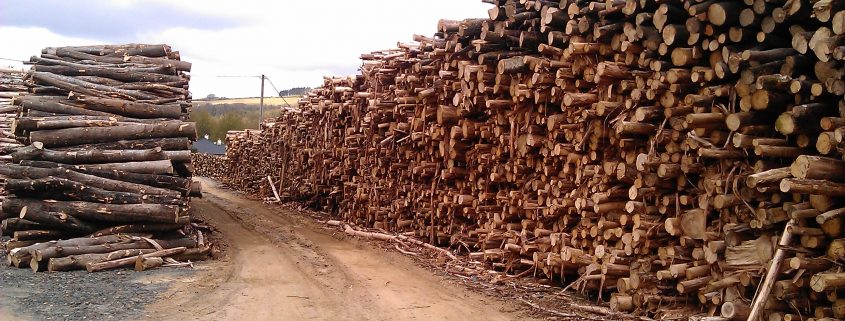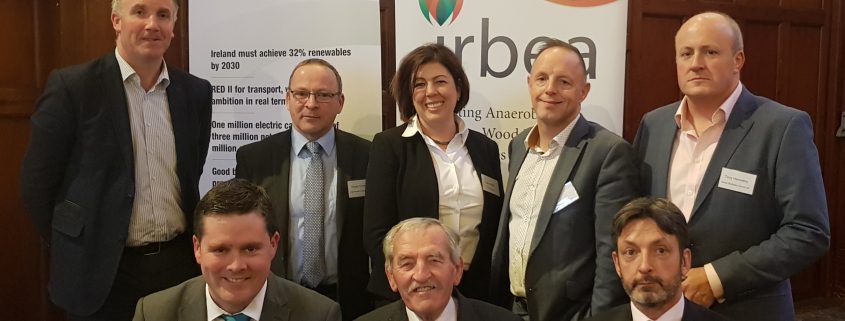PRESS RELEASE: The Irish Bioenergy opportunity is immense – New IrBEA President Paddy Phelan
This week the new President and Vice President of the Irish Bioenergy Association (IrBEA) were elected by the Management Executive Committee of the organisation. Paddy Phelan, CEO of 3 County Energy Agency was elected the new President and Maurice Ryan, Director and Business Development at Green Belt was elected the new Vice President. They both take up their roles at a time of great opportunity for the organisation and the Irish Bioenergy sector as the economy begins to reopens again following Covid 19.
Accepting the new role, IrBEA President Paddy Phelan said “I am delighted to take on the role of IrBEA President. I look forward to working with members and all stakeholders for the betterment and advancement of the sector. The Irish Bioenergy opportunity is immense. This opportunity has yet to be recognised at a political or policy level with adequate action and support measures which are necessary for the widespread deployment of bioenergy. Sustainably produced bioenergy will play a key role in Irelands transition from a fossil-fuel based economy to a low carbon economy. The bioenergy sectors covering biomass, biogas, biofuels, energy crops and wood fuels, are a key part of the overall bioeconomy and have a significant part to play in its growth and development. As well as contributing towards Ireland’s renewable energy targets, the sector can be the catalyst to drive jobs and economic growth in rural Ireland while assisting to address the climate change and emissions reduction challenges we face as a country and people”.
Paddy Phelan continued “I’m committed to working with the IrBEA membership and broader stakeholders to promote the deployment of bioenergy produced in locally energy supply networks. In IrBEA, we continue to lobby and advocate for supports to ensure that bioenergy contributes as part of a mix of renewable energy technologies. Our objective should be to provide 100% of our energy demand by 2050 from renewable sources. Promoting local energy supply is very important. Rural Ireland can provide energy to nearby urban centres which need renewable and dispatchable bioenergy to support industry and particularly the Agri food-industry. This is all linked back to the broader rural Agri sector. The capacity for agricultural diversification and for agriculture to be a net contributor to carbon sequestration through bioenergy production is immense. Bioenergy is a mature industry across Europe and alongside other renewable energy technologies makes up the majority of energy production in many regions. This means that the region retains the value of that energy. When consumers buy that energy they are buying local”
Maurice Ryan, IrBEA Vice President said “I am delighted to have been elected to the role of Vice President of IrBEA. IrBEA has proved to be an invaluable organisation for the bioenergy sector and a great support to promote the mobilisation of timber from the private sector. I look forward to promoting the broad value bioenergy brings to the country, and the future opportunities that will present over the next number of years. The team is extremely strong and positive and will certainly deliver value to all members and stakeholders.”
The organisation would like to acknowledge the work of Des O’Toole who has concluded a 3 year term as IrBEA President.
Paddy Phelan concluded “I would like to acknowledge the work of my predecessor Des O’Toole and thank him for his efforts and commitment to the development of the organisation and sector during his time in the role. Everyone in IrBEA wishes Des the best of luck in his career.”
Video of Paddy Phelan speaking HERE
Ends
For Further information please contact: Seán Finan IrBEA CEO at 0874146480

